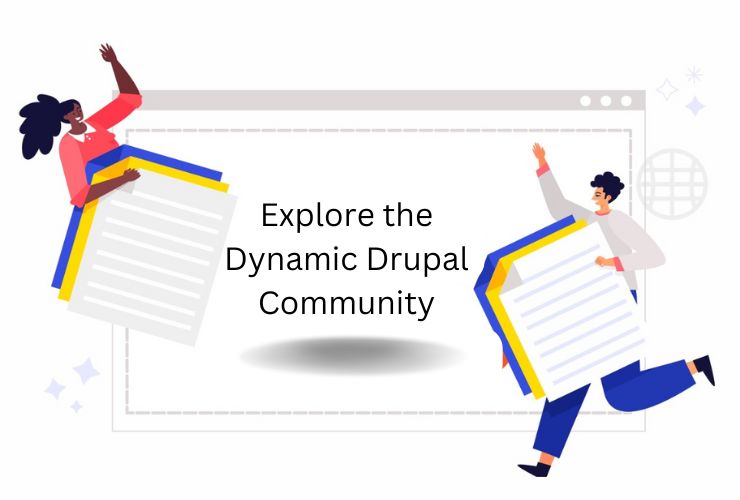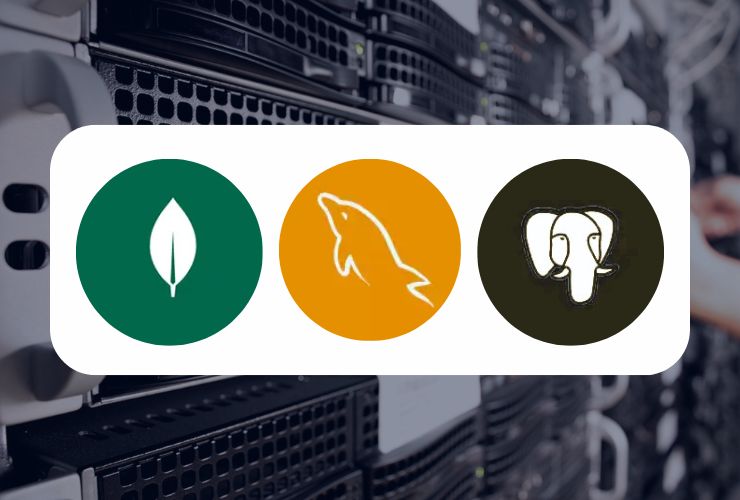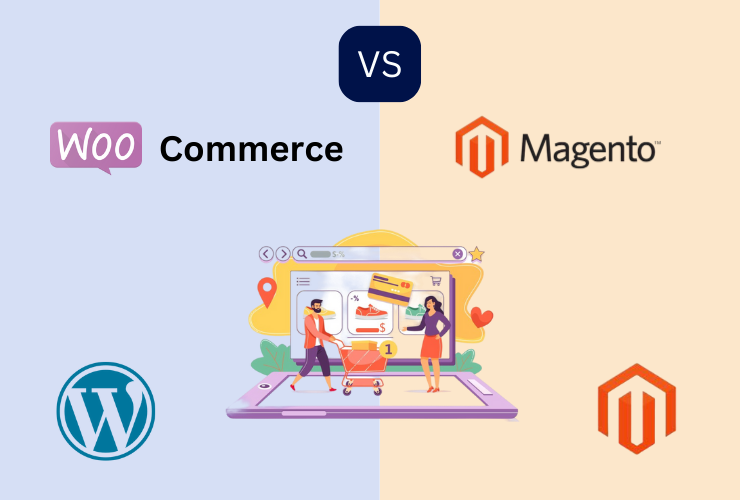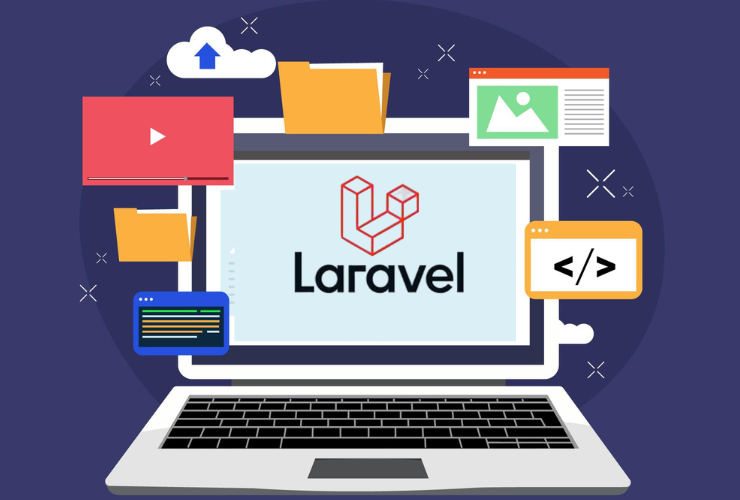Not only is Drupal an open-source, content management system (CMS) powerhouse, but it also contains one of the world’s most vibrant and generous communities. As a developer, designer, content creator, or even business leader, there are plenty of ways to extend, connect, and be a part of contributing to an ever-evolving platform through the Drupal community. Here we will discuss how the Drupal community is so unique, how to become a part of it, and tools to assist your success.
1. What makes the Drupal Community So Special?
The Drupal community is founded on its values of cooperation, openness, and mutual knowledge. As an open-source project, Drupal is dependent on the contributions of individuals all over the world, with different backgrounds, experience, and occupations. The community aims to create a platform where everyone can contribute and learn irrespective of their level of experience.
The most significant features of the Drupal community are:
Open-source Philosophy: Drupal can be used, edited, and redistributed, and that openness is reflected in the communal nature of the community.
Global Reach: With thousands of members all around the world, Drupal’s community is globally focused, with people contributing and engaging actively from over 200 nations.
–
Inclusive Atmosphere: The Drupal community prides itself on being open and inclusive, providing a venue for everyone ranging from beginners to professionals to share their knowledge and learn from one another.
2. Active Participation and Contributions
The strength of the Drupal community lies in its active and passionate contributors. No matter if one codes, posts bug fixes, develops modules, or assists in planning events, there are quite literally hundreds of ways to give back. The community relies on the contributions of its members to continue to make it better and evolve the platform.
Some of the most critical areas of contribution include:
Core Development: Developers across the globe contribute to the core Drupal codebase, making it secure, up-to-date, and feature-rich.
Modules and Themes: Perhaps the greatest thing about Drupal is its extensive library of contributed modules and themes. Community members add new modules and themes all the time to extend the capabilities of Drupal.
Documentation: Detailed and structured documentation is essential for developers and users. The Drupal community keeps the platform’s documentation up-to-date, ranging from guides to tutorials and support materials for any level of user.
–
Pro Tip: If you’re a developer or designer, consider contributing back to Drupal by introducing bug fixes, improving documentation, or creating a module or theme. Your contributions will improve Drupal for all.
3. Getting Involved in the Community
The Drupal community is huge, and there are many different ways to collaborate and communicate with other users. Some of the best ways to get involved are:
Drupal.org: The official Drupal site has an abundance of resources, including the latest news on Drupal, tutorials, and project documentation. It’s also where you can participate in community conversations, post questions, and give your own feedback.
Drupal Forums: Drupal forums are ideal for asking questions, disseminating information, and arguing various aspects of Drupal programming. Whether you need advice on a technical issue or just need to bounce best practices around, you’ll be able to find enlightening conversation here.
Drupal Slack and IRC Channels: Drupal has an active presence on Slack, where it is possible to chat in real-time. It’s a perfect location for developers to ask a quick question, toss ideas back and forth with each other, or talk about upcoming releases. IRC channels are also utilized by the community for real-time conversation.
Pro Tip: Joining the Drupal Slack channel or checking out the Drupal forums is a great way to get in touch with other Drupal enthusiasts, ask questions, and get updates on what’s new.
4. Drupal Events and Conferences
Drupal events are at the center of the community, giving members an opportunity to learn, network, and collaborate. Some of the most well-known Drupal events include:
DrupalCon: The largest conference of the Drupal community, which takes place in different cities around the globe annually. It’s a great opportunity to network with other Drupal enthusiasts, become familiar with new features, and learn from industry experts. It features sessions on development, design, business, and more.
Local Meetups: In addition to global events like DrupalCon, there are local meetups that happen regularly worldwide. These meetups provide a more intimate setting for Drupal users to share information, work on projects, and connect with people in their area.
Drupal Camps: These are less formal meetings, typically community-based, ranging from one-day seminars to several days of conferences. They are a great way to get practical experience and learn from experts.
Pro Tip: A Drupal event, local or international, is the best means of refining your skills, increasing your network, and staying updated with the latest happenings in the Drupal world.
5. Resources and Support for All Skill Levels
No matter if you are new to Drupal or a seasoned veteran, the community has a wide range of resources to help you out. Some of the best resources are:
Drupal Documentation: The Drupal documentation is everything, from instructions on how to install it to in-depth development tutorials. It’s an excellent resource for both new and advanced users.
Drupal Issue Queues: Drupal.org issue queues are a great place to find solutions to common problems, report bugs, and track feature and fix activity. Many developers keep an eye on these queues regularly, providing solutions and suggesting ideas that can be implemented.
Training and Tutorials: There are so many online tutorials that you can take to learn Drupal. From the beginner level to advanced levels, there are theme building to module building tutorials.
Mentorship Programs: For the new user of Drupal, mentorship programs offer an excellent platform to learn from experienced community experts. These programs provide one-to-one support to assist new users in understanding the intricacies of Drupal.
6. Drupal’s Influence in the Open-Source Community
Drupal shares the open-source world as its community. As one of the highest-ranked open-source web content management systems, Drupal has influenced the web and content management model in the practice by developers and companies. The common emphasis on collaboration among teams, being open, and ongoing improvement on the part of the community resulted in Drupal becoming a high-performance and diversified platform for site and application creation.
-Drupal’s open-source model guarantees that the platform is free and accessible to all, allowing individuals and organizations to innovate and contribute back.
Pro Tip: Drupal’s efforts in the open-source community are enormous. As part of the community, you can be a part of this movement by giving back to Drupal and other open-source initiatives.
Conclusion
The Drupal ecosystem is not a collection of programmers and users—but a vibrant, cooperative community existing across the globe. With DrupalCon as an option right through to project core development contributing or taking part in local groups, the ways are limitless. By discovering and becoming involved with the Drupal community, not only do you expose yourself to fantastic resources and support but become a part of a movement making open-source software history.













 Database Development
Database Development












































